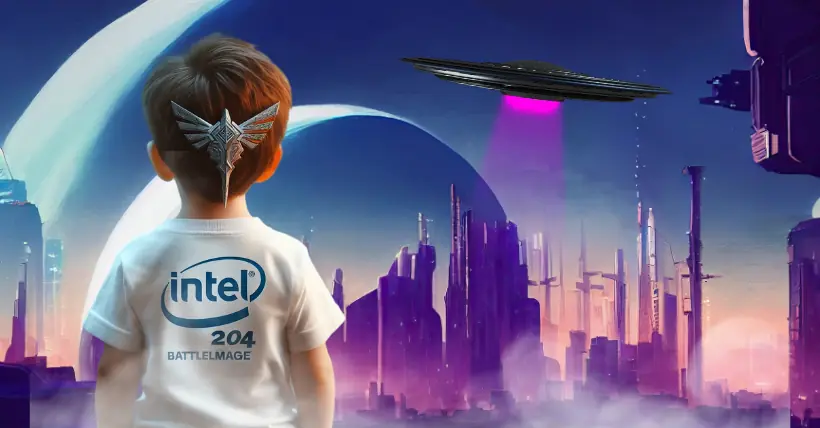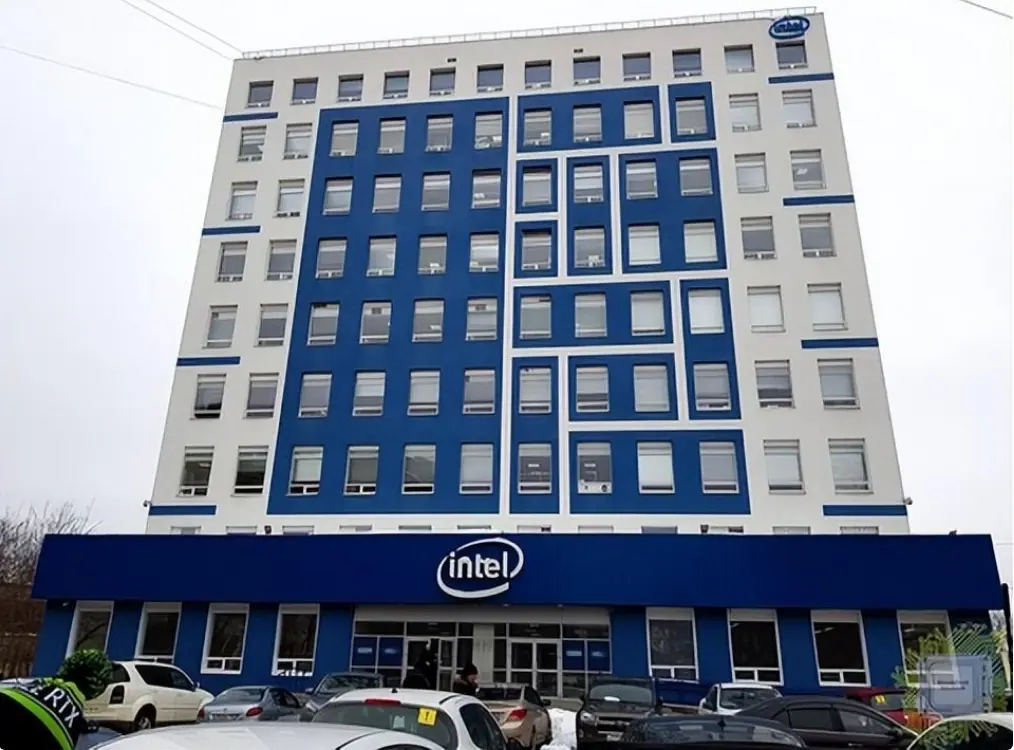In recent years, for well-known reasons, Western technology companies including AMD, Apple, Dell, Intel, HP, and Nvidia have begun to withdraw from the Russian market.
Previously, the editor highlighted and shared HP’s situation. HP’s stance was very firm; it has completely ceased sales and after-sales services in the Russian market and has shut down the HP Russia official website. Users in Russia must visit other countries’ HP websites to download product drivers.

Next, the editor will introduce the situation of Intel in Russia. Compared to HP, is Intel’s approach more aggressive or more moderate?
In 1991, Intel began its foray into the Russian market. In 2000, the Nizhny Novgorod Research and Development Center was established. In 2020, a new R&D department was set up, focusing on software, artificial intelligence, machine vision, 5G mobile communications, and the Internet of Things, employing about 1200 staff at the time.
In February 2022, the Russia-Ukraine war broke out. In April, Intel announced the suspension of all its operations in Russia, beginning the gradual reduction of its business and staff. By early 2023, Intel still had 788 employees in Russia, but the reduction continued.

In 2021, Intel’s total revenue in the Russian market was $80 million. In 2022, the figure is unknown, and by 2023, the revenue had dropped to zero with a loss of $2.31 million.
Seeing this, some might think that Intel, like HP, has completely withdrawn from the Russian market, but this is not the case.
As of 2024, Intel still has two corporate entities in Russia, but these have become shell entities, managed by the same person, Alina Klushina, who is currently the last employee of Intel in Russia, essentially a “barebones commander.”

Although the two entities have not completely withdrawn and nominally still exist, they are no longer operational, existing in name only. However, this approach still has a certain symbolic significance and is more moderate compared to HP.
Intel has not yet auctioned or liquidated all of its assets in Russia. Despite anticipating zero revenue, the company still incurs millions in losses annually due to expenses like rent. Intel has chosen not to do so, keeping employees in place.
This move indicates that Intel does not want to completely and thoroughly withdraw from or give up on the Russian market, still harboring some hope, such as wishing for the war to end soon. If the war were to end quickly, then Intel’s business recovery in Russia could potentially be faster than its competitors, giving it a certain advantage.

Disclaimer: This article is created by the original author. The content of the article represents their personal opinions. Our reposting is for sharing and discussion purposes only and does not imply our endorsement or agreement. If you have any objections, please contact us through the provided channels.








